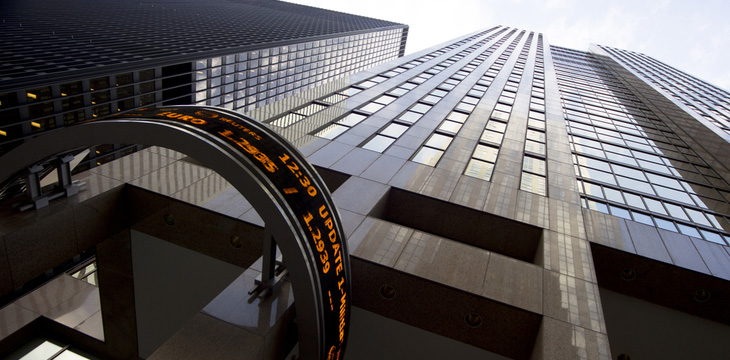|
Getting your Trinity Audio player ready...
|
While most reserve some aversion from regulations, Canadian exchanges are begging for it.
All around the world, regulations are evolving to include the uncharted territory of blockchain technology. While laws vary per territory, most have at least begun launching committees to assess how the implications, risks, and challenges posed by the new and rapidly emerging industry will be handled.
And while most rattle at the slightest hint of government intervention, Canadian companies in the industry are begging for the government to take a stand and bring the industry to heel.
Canadian news website The Globe and Mail has reported that cryptocurrency exchanges in the country are urging for clearer regulations for the industry. Companies are arguing that the lax environment and lack of regulatory framework puts customers at risk, and dubious activities by unchecked and malicious actors take down the rest of the industry, including those that are otherwise legitimate.
Regulations could help distinguish established and trustworthy exchanges, as the best exchanges welcome regulation, according to Michael Gokturk, the CEO of Einstein Exchange. “It’s so easy to get into this market and it’s so easy to take advantage of the lack of regulation. The best exchanges will welcome regulation and transparency and that’s what we’re trying to do. We welcome it with open arms.”
Gokturk points out a problem their exchange experienced immediately after accepting credit card payments, having to defend against at least an $8.3 billion worth of attempted fraud within one day. And although their systems were able to fend off the attempts, less vigilant exchanges may have unwittingly facilitated such transactions.
Coinsquare CEO Cole Diamond agrees that regulations can help consumers segregate trusted exchanges in the space. “We want to be regulated because ultimately we want to be able to provide certainty to our customers that we’re not some fly-by-night trading platform, that they can trust us.”
So far, legitimate exchanges have been voluntarily committing to standard practices despite not being required to. Despite passing amendments to the Proceeds of Crime (Money Laundering) and Terrorist Financing Act (PCMLTF) in 2014, to cover cryptocurrency exchanges to a certain extent, these regulations are not yet in force. And cryptocurrency exchanges that want to voluntarily register and report any suspicious activities have no clear course of action and no clear agency to report to.
According to reports a few months ago, the government has begun looking into regulations again. In mid-march, the FINA has called for a series of hearings to revisit the regulations, although there still isn’t much information to date.

 02-24-2026
02-24-2026 




